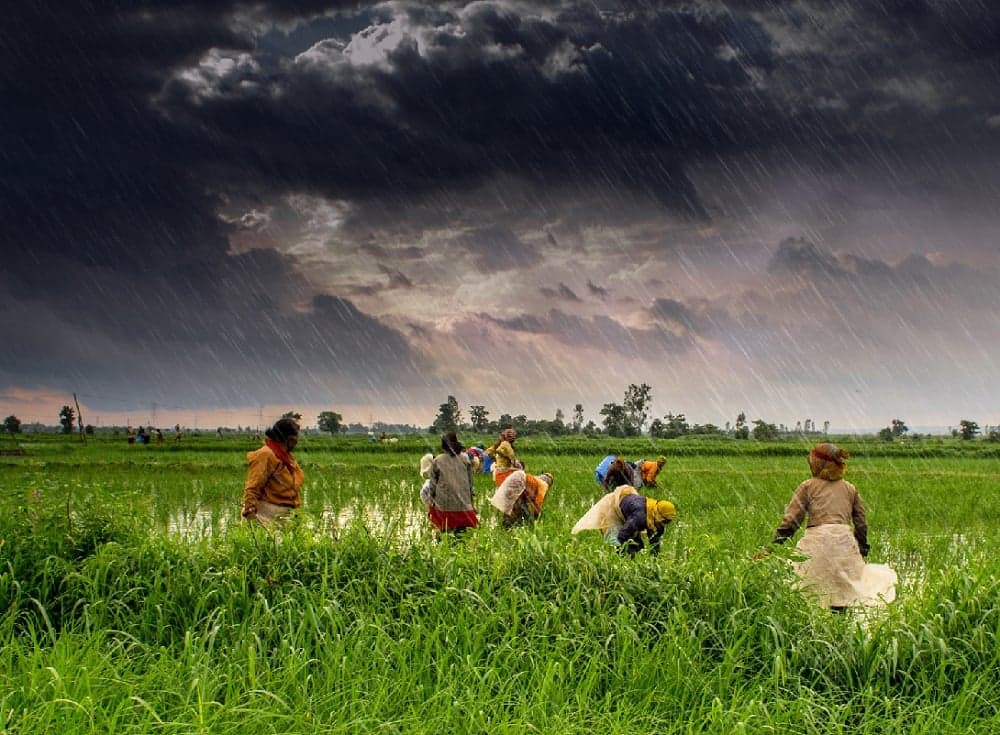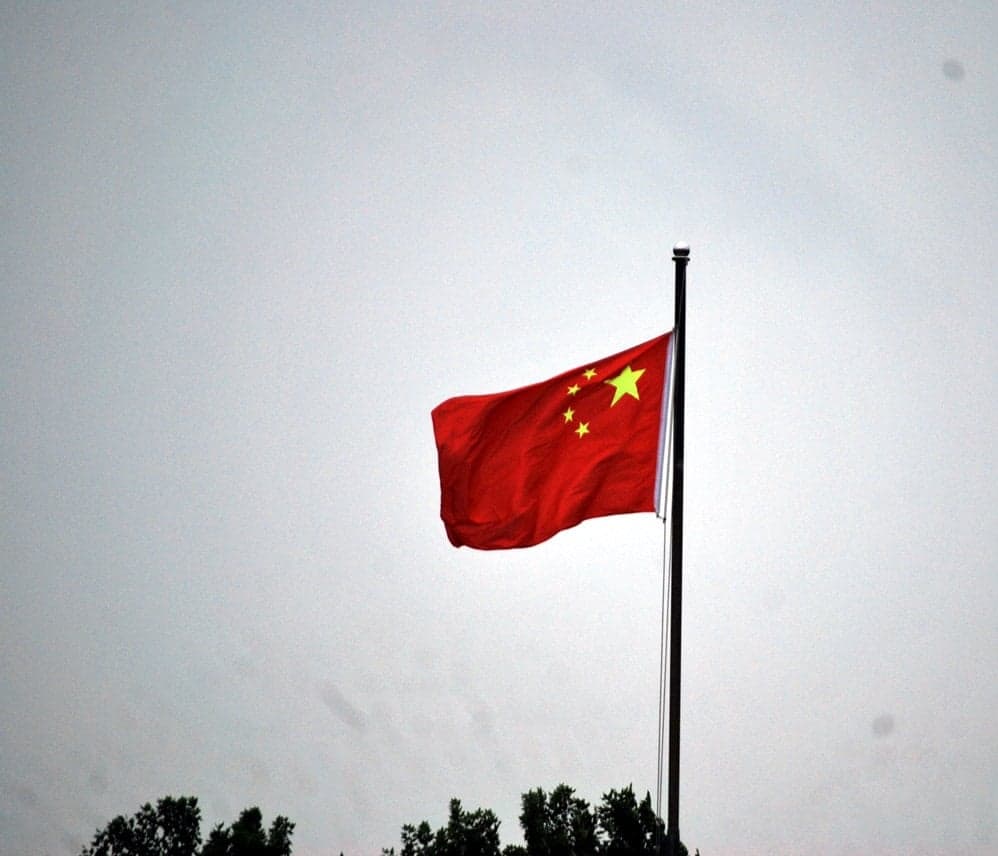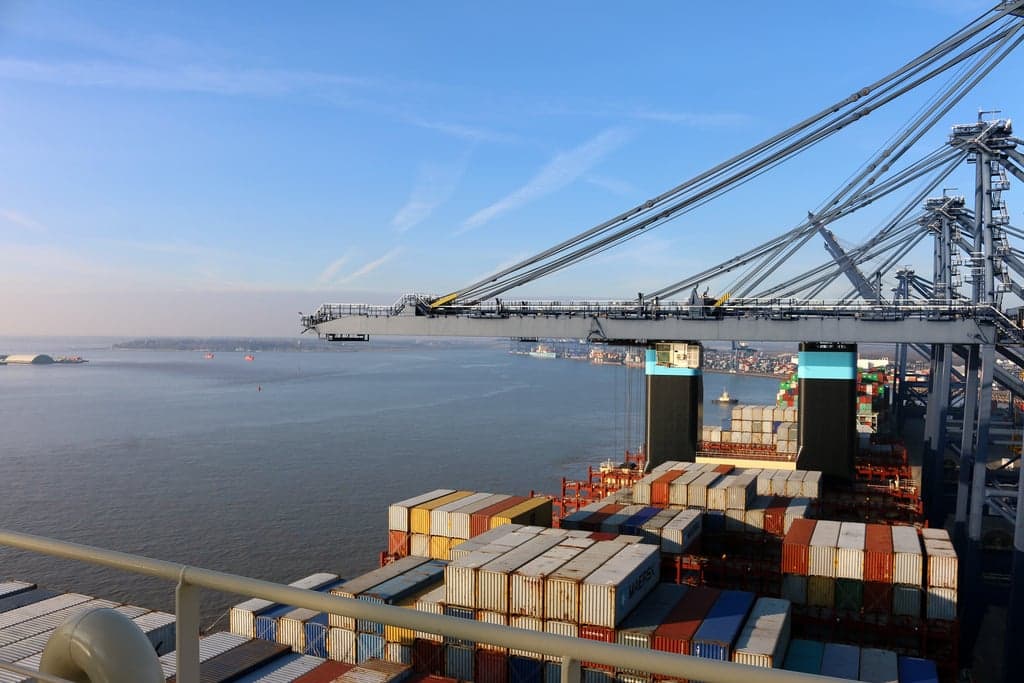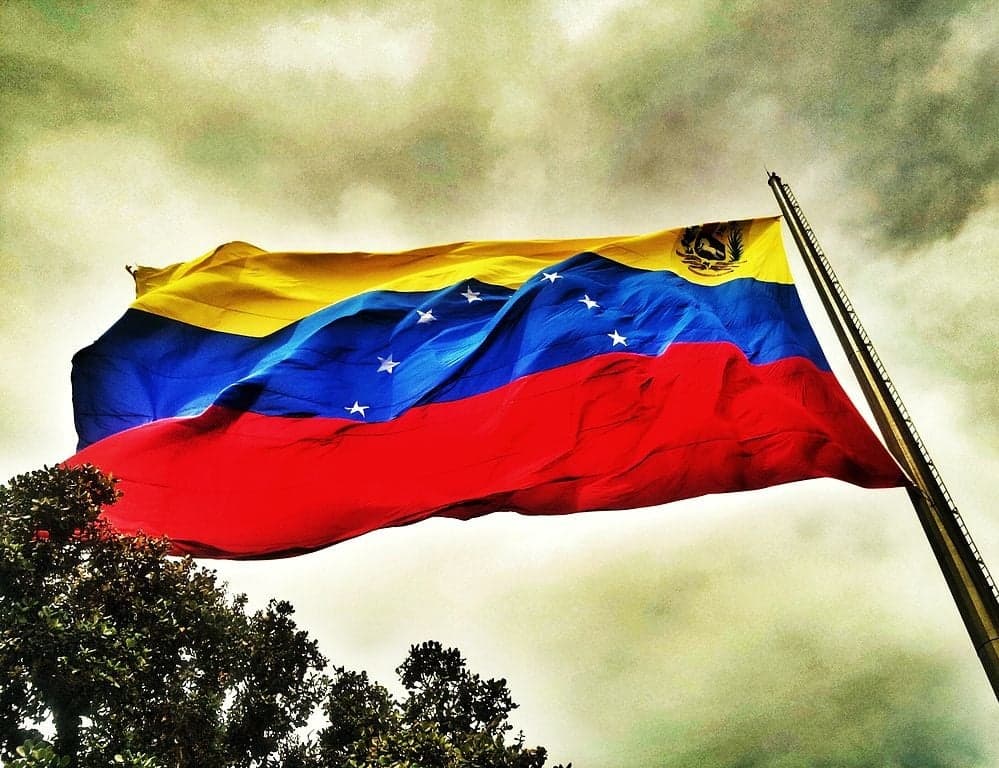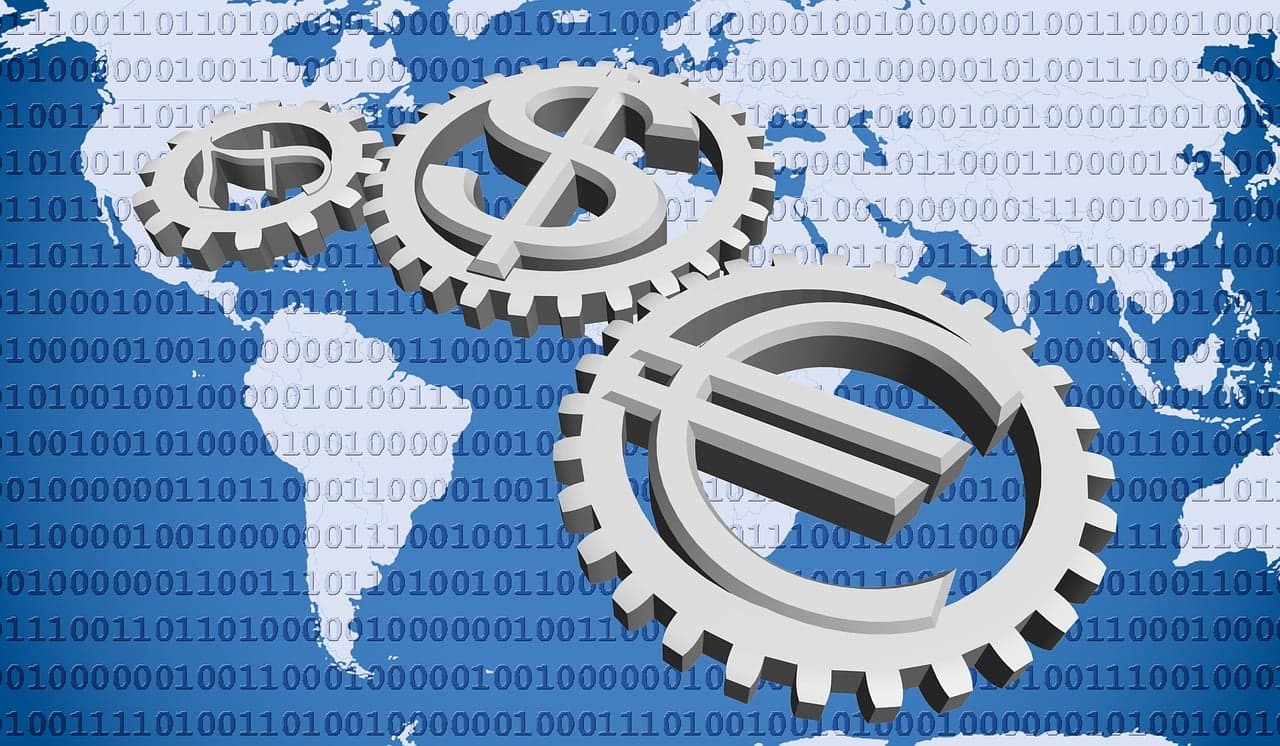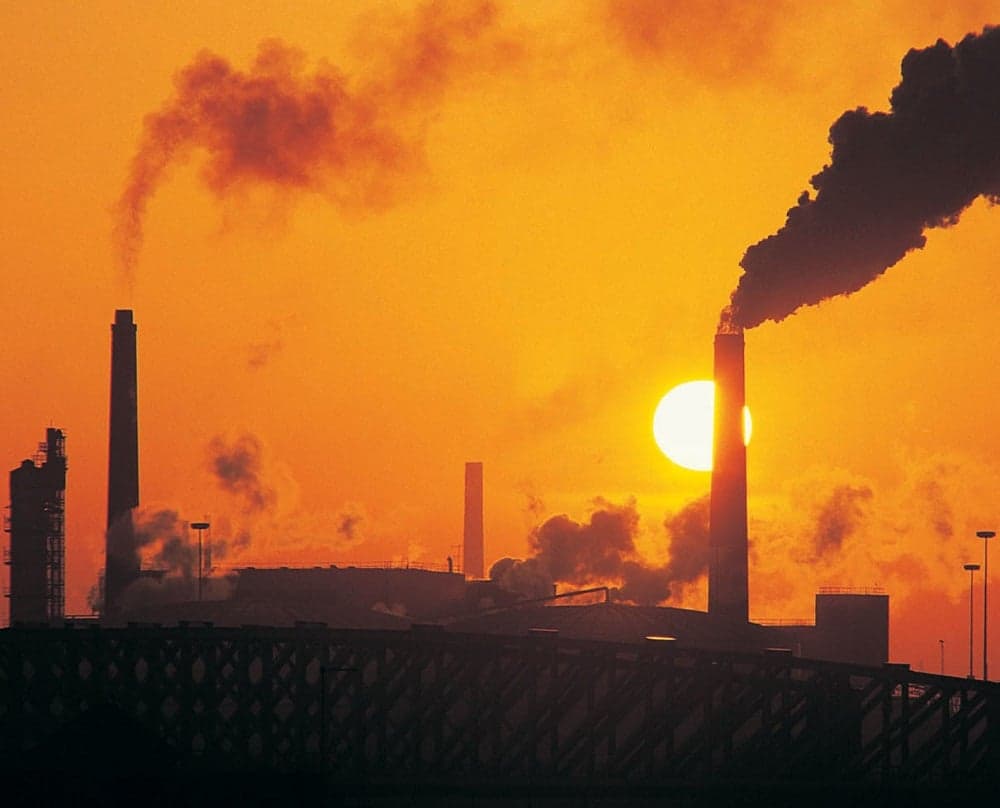Let’s start with a quick overview of what a cryptocurrency is. It is a digital currency and is known for its unique feature, in that it is not issued by any central authority, therefore, cannot be controlled and manipulated by any government. Bitcoin is one of the oldest and most popular cryptocurrencies. It, as well as the other cryptocurrencies, are stored and transferred on Blockchain – a peer-to-peer network that validates and records all transaction and is considered to be the ledger for all cryptocurrency transactions. This network eliminates the need for a middle man (financial institutions), however, there are miners who validate the transactions through a process called “mining” and are rewarded free bitcoins for their work. It is important to know that Blockchain’s uses are not limited to just cryptocurrencies and many industries are discovering how they could take advantage of this ledger system. For the sake of simplicity, I will be focusing primarily on one cryptocurrency, Bitcoin, as there are more than 900.
globalEDGE Blog Archive August 2017
Publish Date:
With the population in India increasing and the need for a sustainable food supply being so important, a multi million dollar investment that is backed by the World Bank has gone into place. The main goal of this initiative is to boost the agricultural industry in India. This goal will be achieved by educating the new generation and equipping them with the skills needed to be successful in agricultural business.
Publish Date:
The entire globalEDGE team will be returning tomorrow for another school year. We will resume our regular updates of the site. Also our blog schedule has now shifted to five days a week. We are all excited to provide you with new content.
Publish Date:
On August 18, United States Trade Representative Robert Lighthizer announced a trade probe of China's intellectual property practices. According to the Chicago Tribune, the probe is meant to verify complaints that "Beijing improperly requires foreign companies to hand over technology in exchange for market access." The United States government claims that these allegations amount to serious intellectual property and technology theft, meriting a thorough investigation that may take up to a year. The probe was invoked by triggering Section 301 of the Trade of Act of 1974, which allows the president to levy tariffs and other such restrictions on countries accused of "unfair trade practices." If the allegations against China are true, it is estimated that the value of intellectual property loss may amount to as high as $600 billion.
Publish Date:
The first round of NAFTA renegotiations between the United States, Canada, and Mexico concluded in Washington this past Sunday. Trade representatives from each country began to lay out their goals for a probable update of NAFTA policy. The 24-year-old trade bloc, which was established to eliminate barriers among its three trade partners, has garnered intense backlash in recent years. According to data from the Bureau of Labor Statistics, a third of U.S. manufacturing jobs have been lost since NAFTA was first established. In addition, NAFTA has caused Mexico to lose 1.3 million farm jobs due to removed tariffs that rendered Mexican farmers effectively noncompetitive.
Publish Date:
At one point in the 20th century, over twenty million Americans held jobs in the manufacturing industry. This trend has experienced a steep decline since 1960—in this century alone, five million of those jobs have been terminated. This loss can be attributed to the omnipresence of technology in modern manufacturing as well as the outsourcing of basic manufacturing jobs. For the positions that have remained in the United States, robots and machines have been incorporated to increase efficiency and lower costs. As technological processes develop, automation is expected to increase. As the labor market moves away from manufacturing and toward careers based on skill and training, one question arises: will technology be the answer to our manufacturing losses?
Publish Date:
Venezuela's international standing has suffered in the wake of its controversial presidential election and constitutional assembly. Amidst allegations of vote manipulation and crackdowns on protests and opposition, Venezuela's electoral process and ensuing government scandals have faced condemnation from several international leaders. Foreign ministers of fellow Mercosur countries voted to indefinitely suspend Venezuela from the trade bloc. The United States levied sanctions on numerous Venezuelan officials, including the country's president, preventing them from doing business in or traveling to the U.S. Other nations have refused to recognize the election results. The international response will likely impact the already-suffering Venezuelan economy, which has declined sharply over the past few years.
Publish Date:
How drastically has Brexit affected the United Kingdom’s economy, and where does the country stand as it attempts to separate from the European Union? Reports released by the INSEE on July 27th indicate that the United Kingdom only saw a .3 percent increase in GDP during last quarter, marking yet another term in which the country has lagged in economic growth while rival countries such as the United States, France, Spain, Austria, and Sweden have performed far better.
Publish Date:
Elon Musk, the CEO of Tesla, released 30 brand new Model 3 electric vehicles to Tesla employees in Fremont, California on July 28. Tesla advertises the Model 3 as one of the most affordable electric vehicles on the market, competing with fuel-efficient cars like the Hyundai Ioniq EV, Chevrolet Volt, BMW i3, and Nissan Leaf. While demand for the Model 3 is high—it has already gathered 50,000 advanced deposits—the vehicle’s mass-market accessibility is not as apparent. In comparison to Tesla’s Model S, which can be prepared for delivery in seven days, current customer orders for the Model 3 are expected to be ready within the next 12-18 months. What is the underlying cause of such a large disconnect between consumers and the product? The reason boils down to an exponential increase in production that connects directly to a supply chain that has “about 30 percent of its components coming from abroad.”
Publish Date:
Research in climate change suggests that even an incremental increase in average global temperatures can trigger disastrous effects around the world. Although efforts are being made to curb carbon dioxide emissions and sustain stable environments, climate scientists warn that “there will still be consequences" if more drastic actions are not taken. Global businesses that depend on vast energy usage are now paying attention to new corporate social responsibility (CSR) initiatives.




